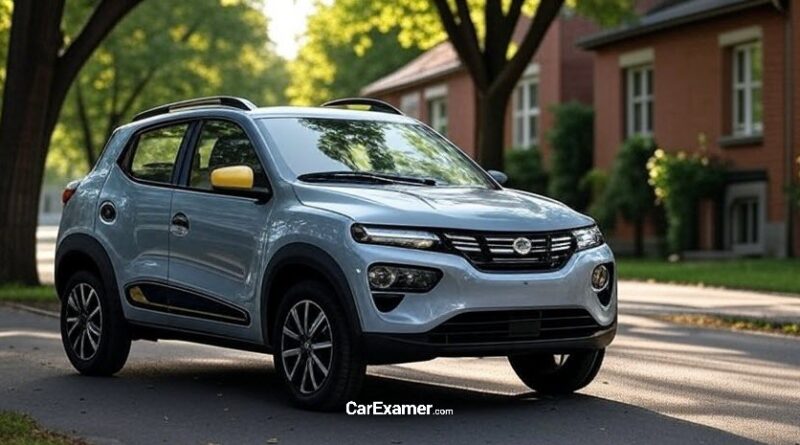Dacia Spring Problems Common Issues and Repair Costs
The Dacia Spring is one of the cheapest fully electric cars in Europe. It is designed mainly for city use, with low running costs and simple technology. While it is attractive because of its price, owners should know about the common issues and the typical repair costs before buying one.
About the Dacia Spring
The Spring launched in 2021 as an entry-level electric car. It uses a small battery, a lightweight body, and simple parts to keep costs down. This makes it affordable to buy and run, but the trade-off is less refinement and durability compared to more expensive electric cars.
Common Problems with the Dacia Spring
- Shorter real-world range
The official figure is around 140 miles, but most owners see closer to 100 miles, and cold weather can reduce this further. - Slow charging
The Spring has limited charging speeds. DC fast charging is available but slower than most rivals, which makes long trips harder. - Basic interior quality
Many owners notice cheap plastics and simple finishes that can wear quickly. - Suspension and ride comfort
The suspension is basic and can feel stiff on rough roads. Shock absorbers and bushes may need attention earlier than expected. - Electrical and infotainment glitches
Problems with Bluetooth, the infotainment system, or warning lights sometimes appear. - Brake feel
Some drivers find the braking inconsistent, especially when switching from regenerative braking to the normal brakes. - Air conditioning faults
Weak cooling or noisy operation of the air conditioning system is a known complaint. - Rust protection
The paintwork and underbody protection are thinner than on more expensive cars, which can make the car more prone to scratches and early rust.
Typical Repair and Service Costs
Although the Dacia Spring is an electric car with fewer moving parts, some maintenance and repairs are still needed. These are typical UK and European costs:
| Repair or Service | What is Included | Average Cost |
|---|---|---|
| Annual service | Safety checks, cabin filter, software updates | £100 to £180 |
| Brake pads and discs | Standard replacement | £120 to £220 |
| Suspension repairs | Bushes or shock absorbers | £150 to £300 per axle |
| Air conditioning service | Re-gas or repairs | £80 to £200 |
| Infotainment or electrical diagnostics | Software reset or part replacement | £100 to £250 |
| Rust or paint repair | Sanding, treatment, repainting | £100 to £300 |
| Battery health check | Diagnostics only | £70 to £120 |
| Battery replacement (if out of warranty) | Full pack replacement | £6,000 to £8,000 |
How to Keep Costs Low
- Service the car yearly even though EVs need less maintenance.
- Avoid keeping the battery at 100 percent charge for long periods.
- Clean and wax the paintwork to protect against scratches and rust.
- Drive smoothly and combine regenerative and normal braking to reduce wear.
- Update the software to prevent infotainment problems.
Conclusion
The Dacia Spring is one of the cheapest ways to drive an electric car. It works best in the city where its range and charging speed are less of a problem. The most common issues include limited range, suspension wear, infotainment glitches, and basic build quality. Routine repair and servicing costs are fairly low, but the high-voltage battery would be expensive if it failed outside warranty.
For drivers who want a simple, affordable EV and understand its limitations, the Dacia Spring can be a smart low-cost choice.
Buying a used VW. Buying used vauxhall, BMW, Jaguar, Ford, Volvo, Range rover, Bentley, Aston Martin, Porsche, Ferrari, Lamborghini, Maserati, Hyundai, Tesla, Honda, Pagani

